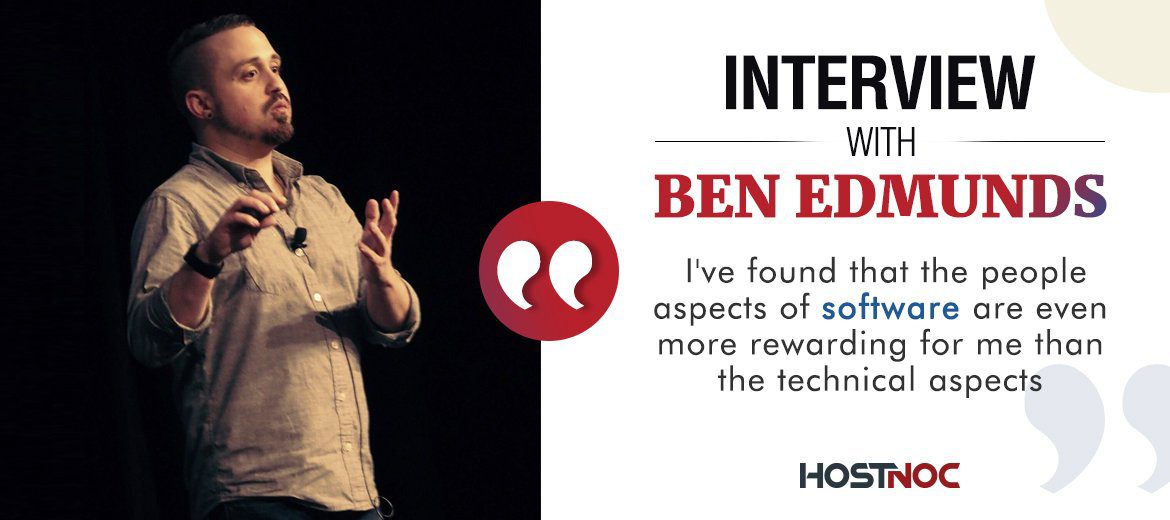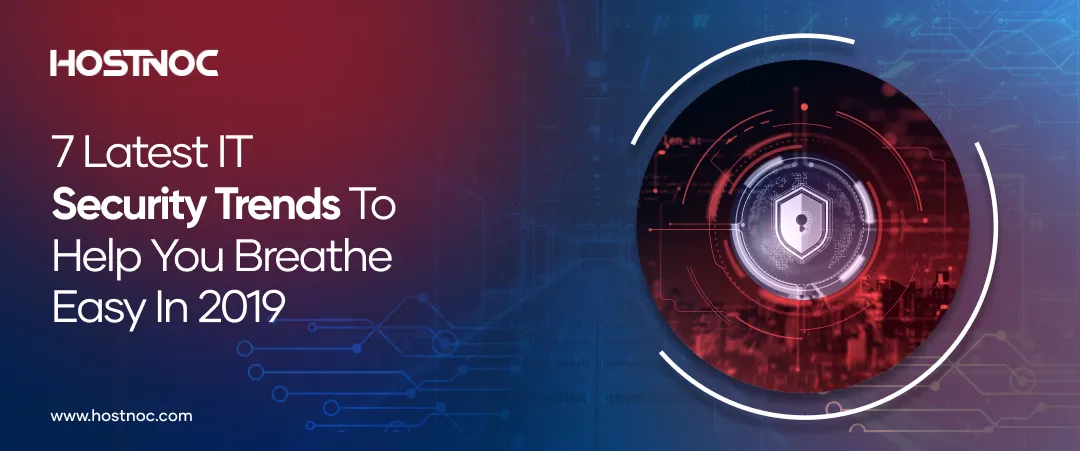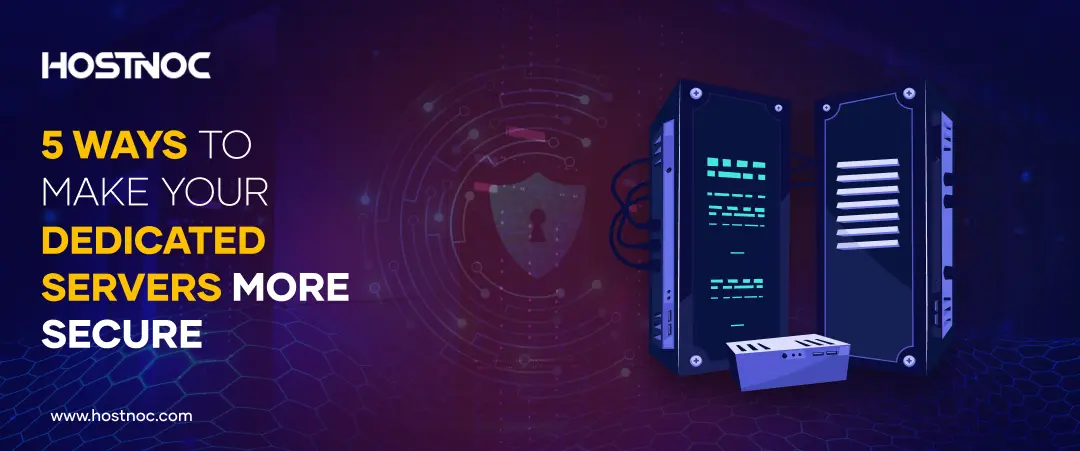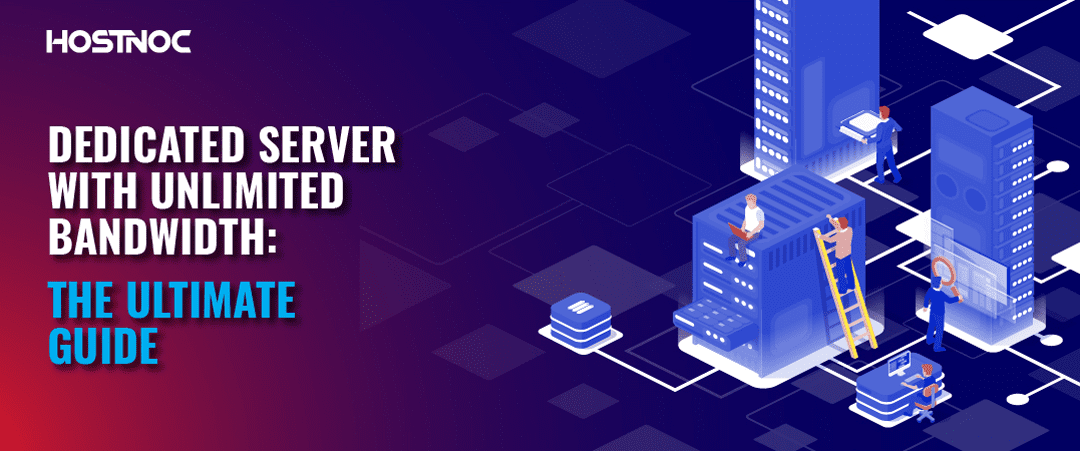Blogs

Interview With Security Team Member of PHP Framework Codeigniter – Ben Edmunds
December 5, 2018
7 Latest IT Security Trends to Help you Breathe Easy In 2019
December 20, 20185 Ways to Make Your Dedicated Servers More Secure
You always wanted to start your own online business, which is why you jumped on the road to entrepreneurship instead of following a traditional 9-5 job path. You grew up listening to the success stories of efficacious online businesses which motivated you to pursue your dream of establishing your own online business.
After purchasing the domain for your E-commerce store, you have to decide on the hosting options. To make sure that the buyers get the best online shopping experience, you opted for dedicated servers. You paid the extra money to enjoy the perks of dedicated resources, security and reliability. Unfortunately, your website comes under a cyber-attack and goes offline. Despite having a dedicated server which was usually considered a more secure option, you have to deal with the aftermaths of such a downfall.
How can you make your dedicated servers more secure? If you are looking for an answer to this question, you are at the right place. In this article, you will learn about ways to make your dedicated servers hackerproof.
Related: Reliable and super-efficient dedicated Windows and Linux based servers.
1. Take Regular Backup
Precaution is better than cure. You might have heard this adage many times but did you that it applies to dedicated servers as well. Always have a backup plan in place. Even if something goes wrong, you can restore your website from the backup. This saves you from a hefty loss of long downtimes. Moreover, your data stays safe too. How frequently should you back up your data? It depends but, in most cases, you should look for weekly backups. Even if taking complete backup of your data seems like a daunting task to you, it is better to safeguard crucial data in any way you can.
2. Keep Everything Updated
Software updates, security updates and patches all go a long way towards helping you keep things secure. Hackers exploit the vulnerabilities found in older software and make the most of bugs and errors left unheeded due to a lack of security updates and patches. Keep the software updated and install the security patches and updates to plug in all these holes. The older the software and the more outdated the security patch, the more vulnerabilities it has. The newer versions of software and latest security patches take care of all these issues, making it harder for hackers to infiltrate your system.
3. Get DDoS Protection
According to statistics, the frequency of DDoS attacks have increased to a whopping 2.5 times in the last 3 years. The cost of an average DDoS attack ranges from $20,000 to $40,000. DDoS attacks can last from a few hours to a few days, depending on the nature and complexity of the attack.
DDoS attacks are becoming more common with each passing day. In addition, the complexity and size of the attacks are also evolving in nature. This is why it is important for businesses to invest in DDoS protection. During a DDoS attack, attackers will send a flood of traffic, overwhelming your servers, clogging your network and making your server incapable of handling other requests from other parties. The primary goal of a DDoS attack is to slow down or crash a website.
By opting for DDoS protection, you can add an extra layer of security. It acts as a gatekeeper and filter all the traffic coming to your network and only letting legitimate traffic pass through. You can choose from a wide range of DDoS protection options. It is better to get a DDoS protection in combination with hosting services.
4. Use Trusted Networks
Did you know that 32% of serious DDoS attacks coincided with a network intrusion? This clearly indicate that almost one third of DDoS attacks are caused due to network vulnerabilities. Always use a trusted and secure network for signing into the hosting account. This means that you should never log in to your hosting account when you are using public wireless networks, as they are easily hackable. Avoid unsecured networks as much as possible. If there is any other person who also accesses your account with your permission, tell them to follow these rules as well to ensure that your login credentials are not compromised.
5. Go for a Managed Server
If you don’t have the technical expertise, skill or competency to manage dedicated servers, you should consider managed servers. Yes, it might be a lot more expensive and takes away control from your hands, but in return, you get the peace of mind that your servers are managed by qualified and experienced IT professionals.
In a managed server setup, there is an administrator who manages everything from installing updates to protecting your security to backing up your data regularly. It can not only reduce the workload and burden from the shoulder of your IT department, but it will save you from lot of hassle and save your time too.
How do your keep your dedicated server secure? Feel free to share it with us in the comments section below.
Featured Post
Dedicated Servers for Large Businesses: Enterprise-Grade Infrastructure at Scale
In an era where data drives decision-making, customer experience defines brand loyalty, and uptime directly impacts revenue, large businesses require infrastructure that is powerful, reliable, and […]
Dedicated Servers for Mid-Size Businesses: Everything You Need To Know
Dedicated servers play a critical role in the digital infrastructure of mid-size businesses that require high performance, enhanced security, and operational stability without the unpredictability often […]
Dedicated Server with Unlimited Bandwidth: The Ultimate Guide
As your website or application grows, shared or limited hosting plans start to crack under pressure. Slow load times, unexpected downtime, bandwidth caps, and traffic throttling […]












